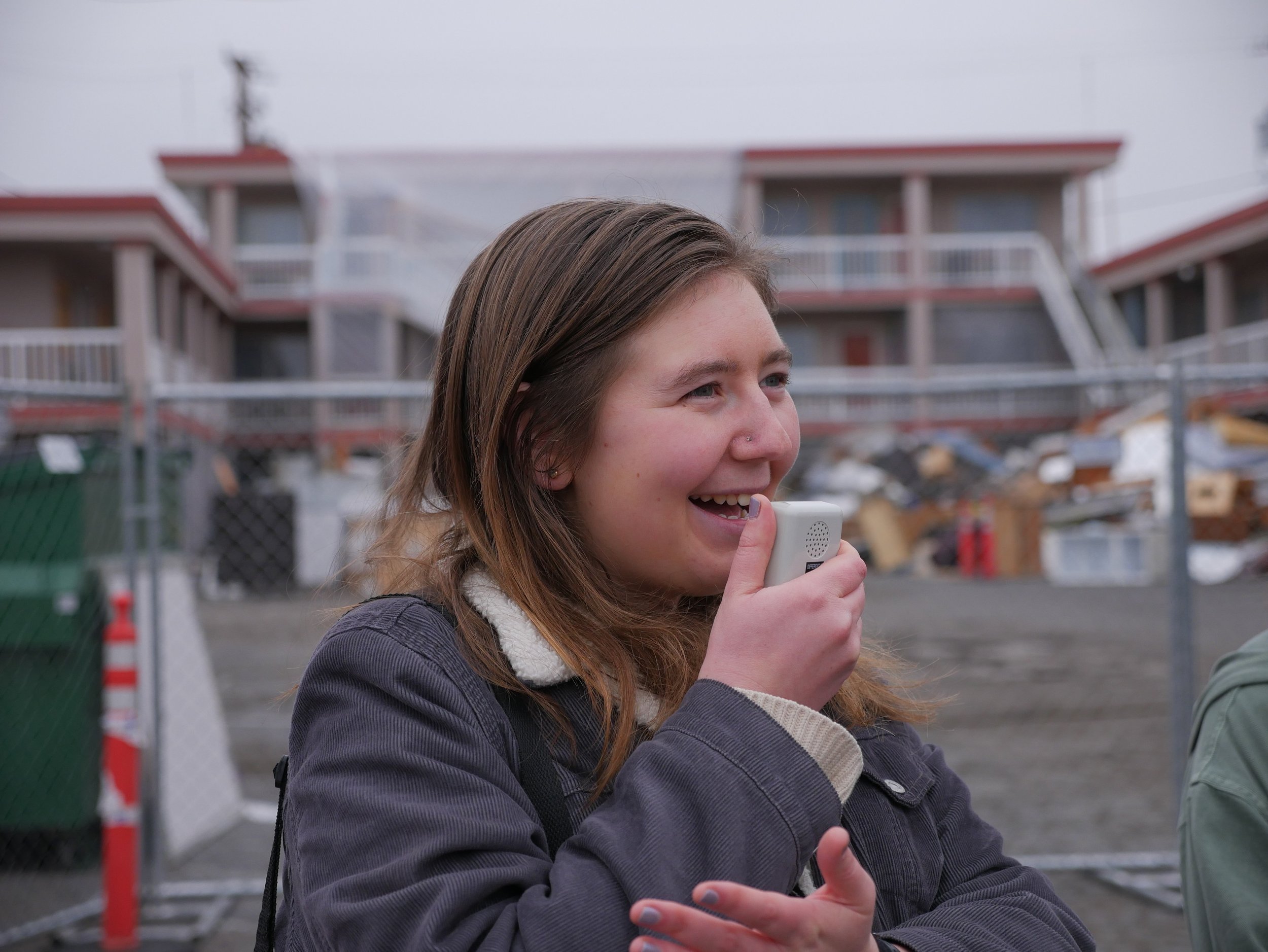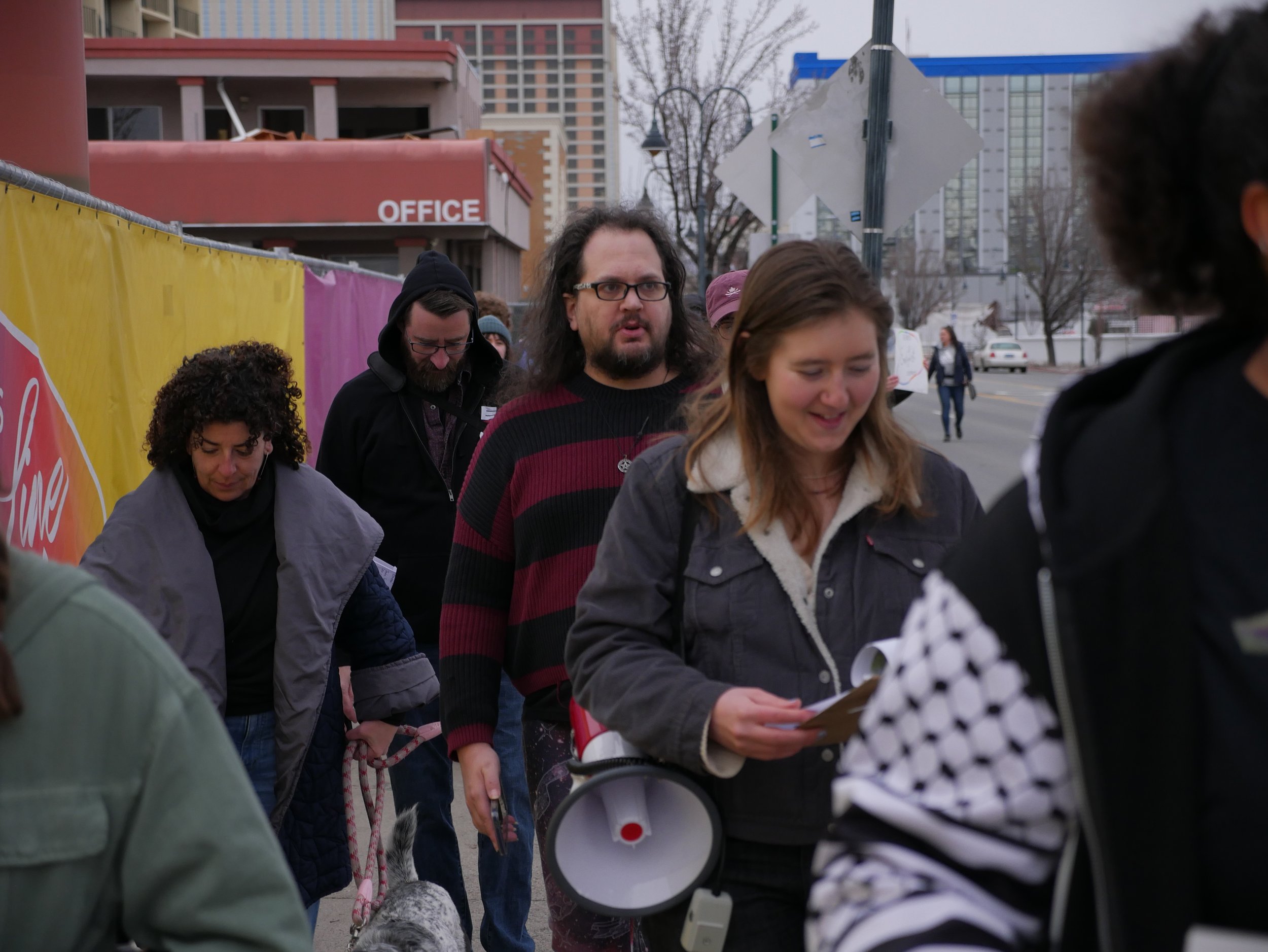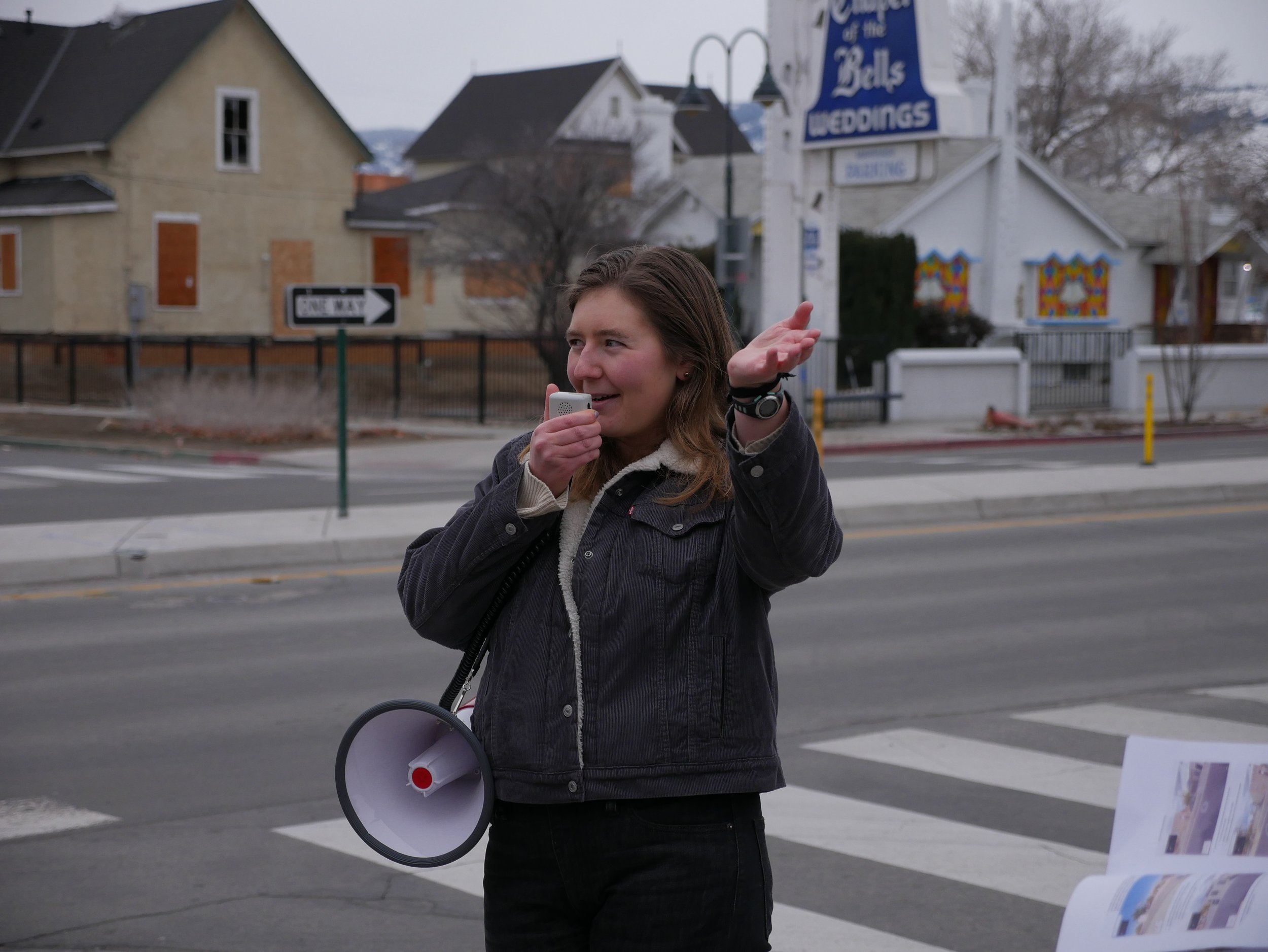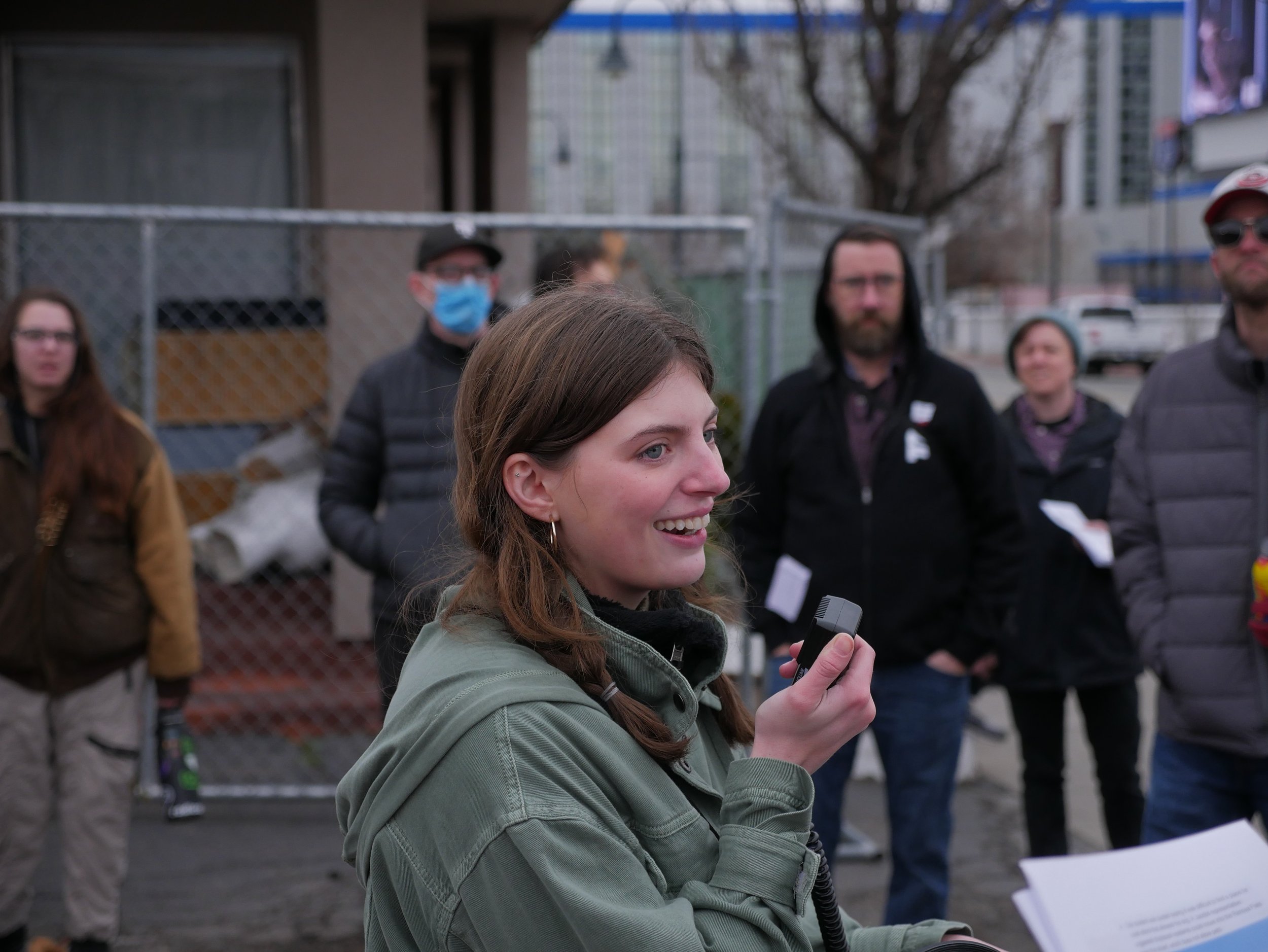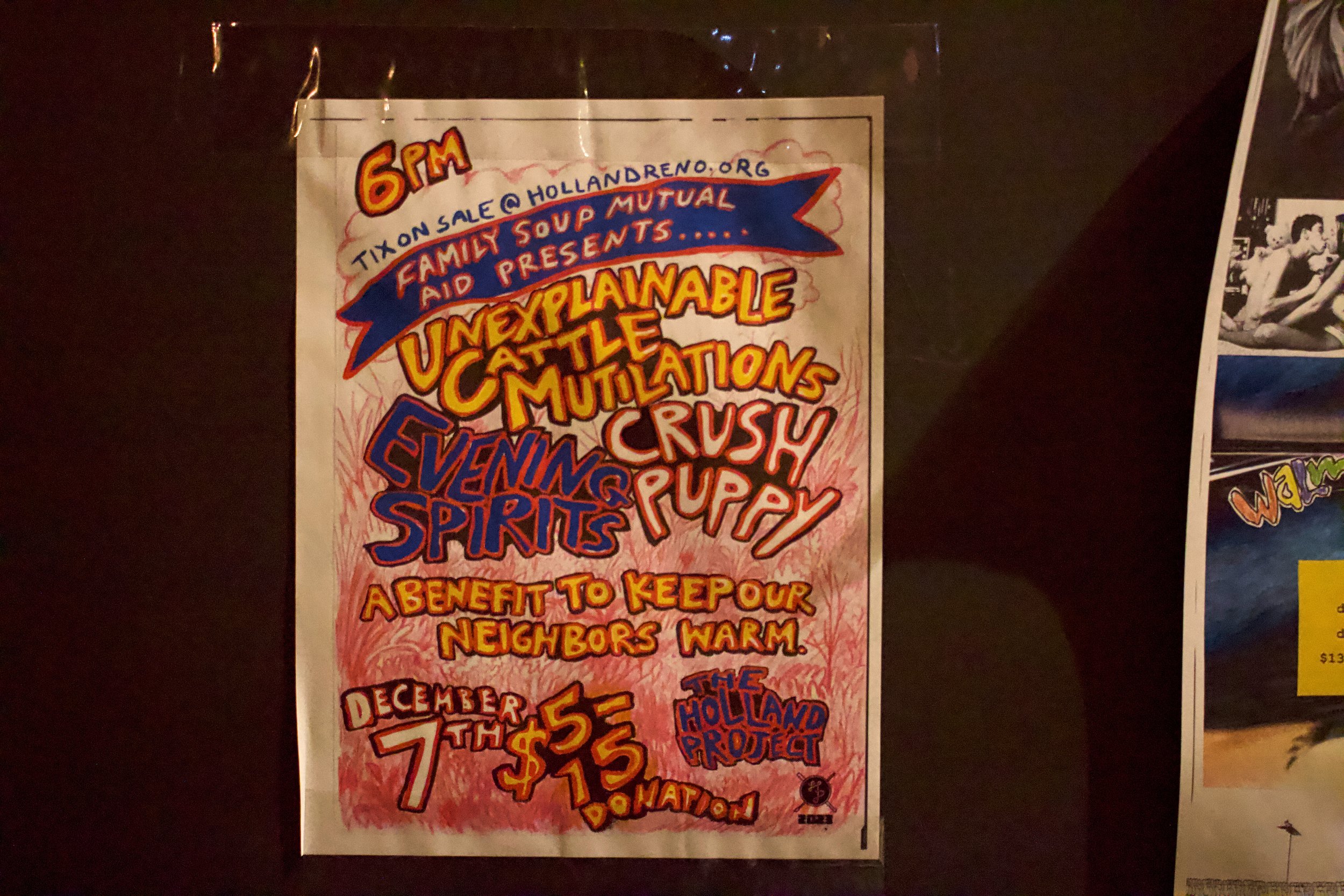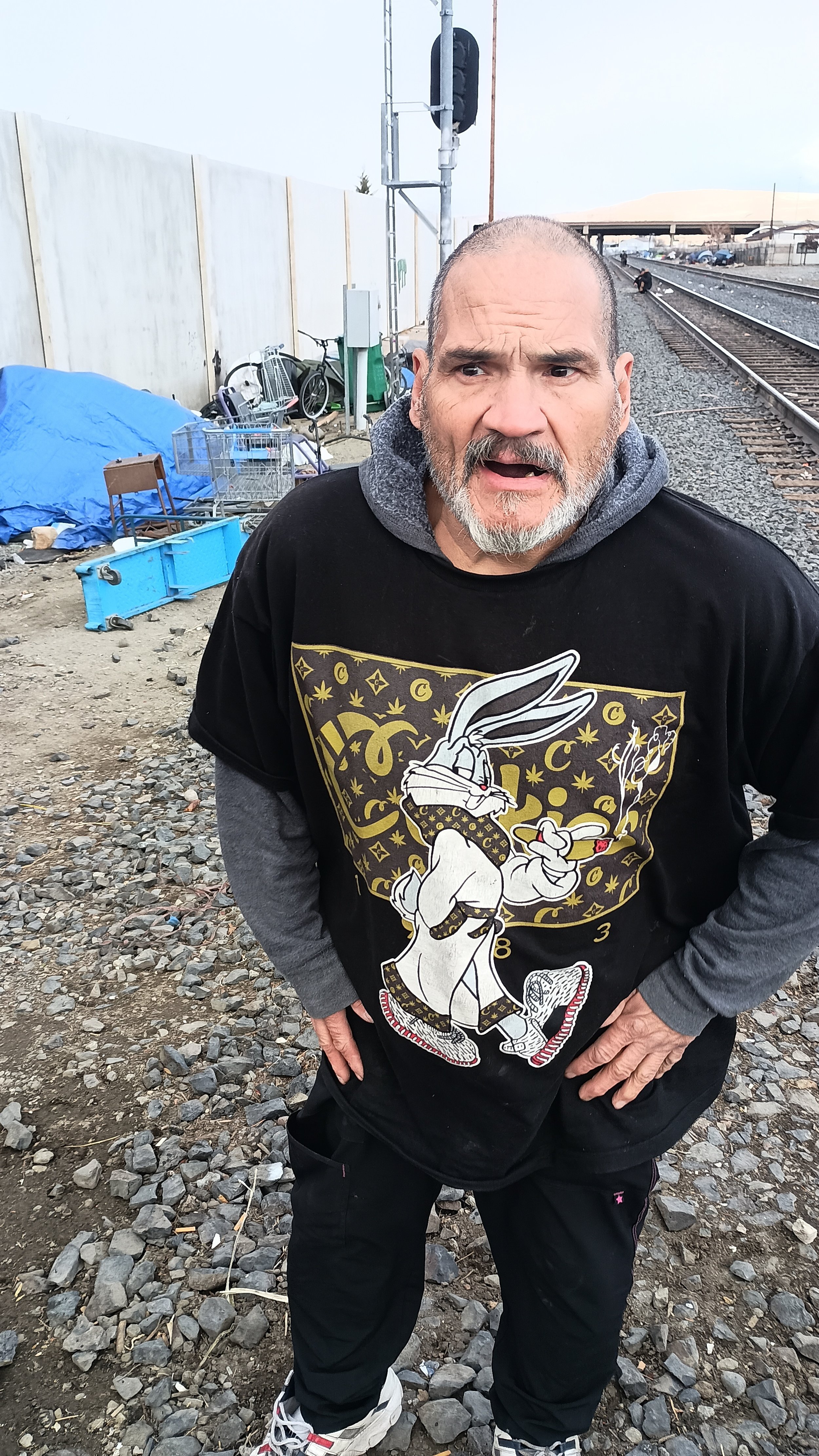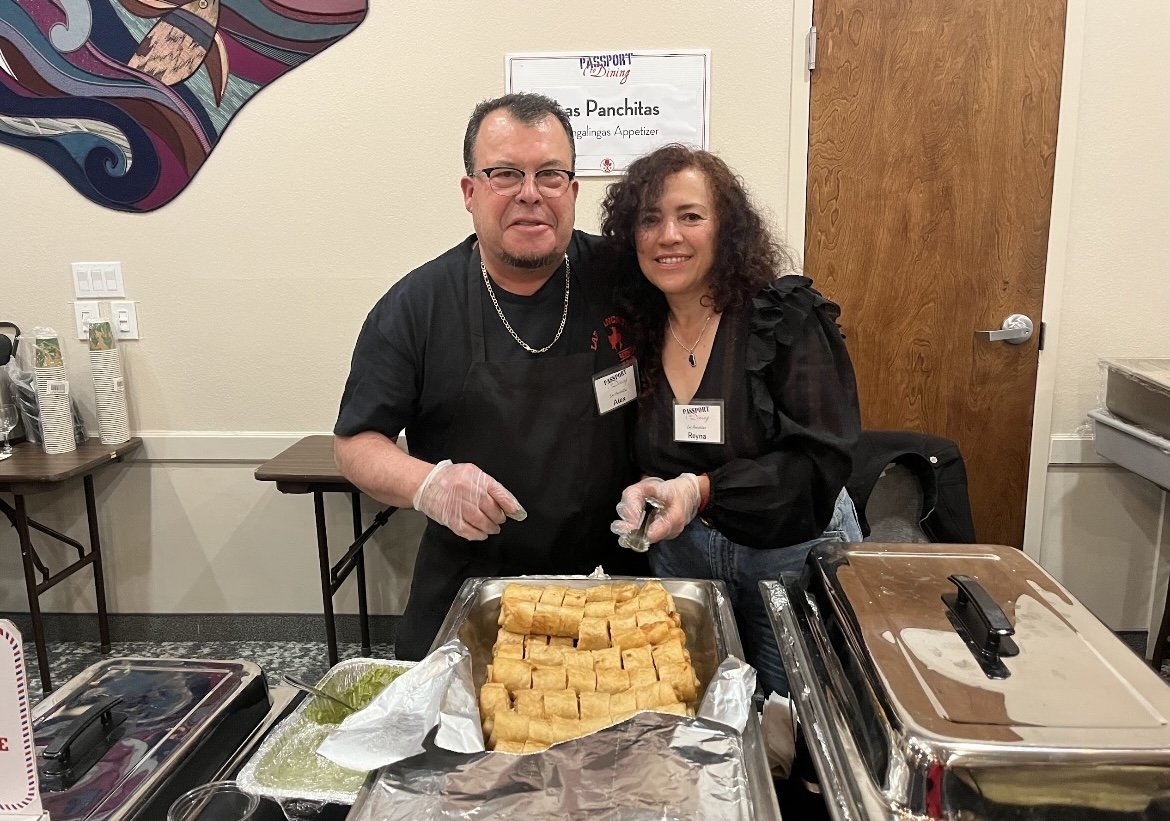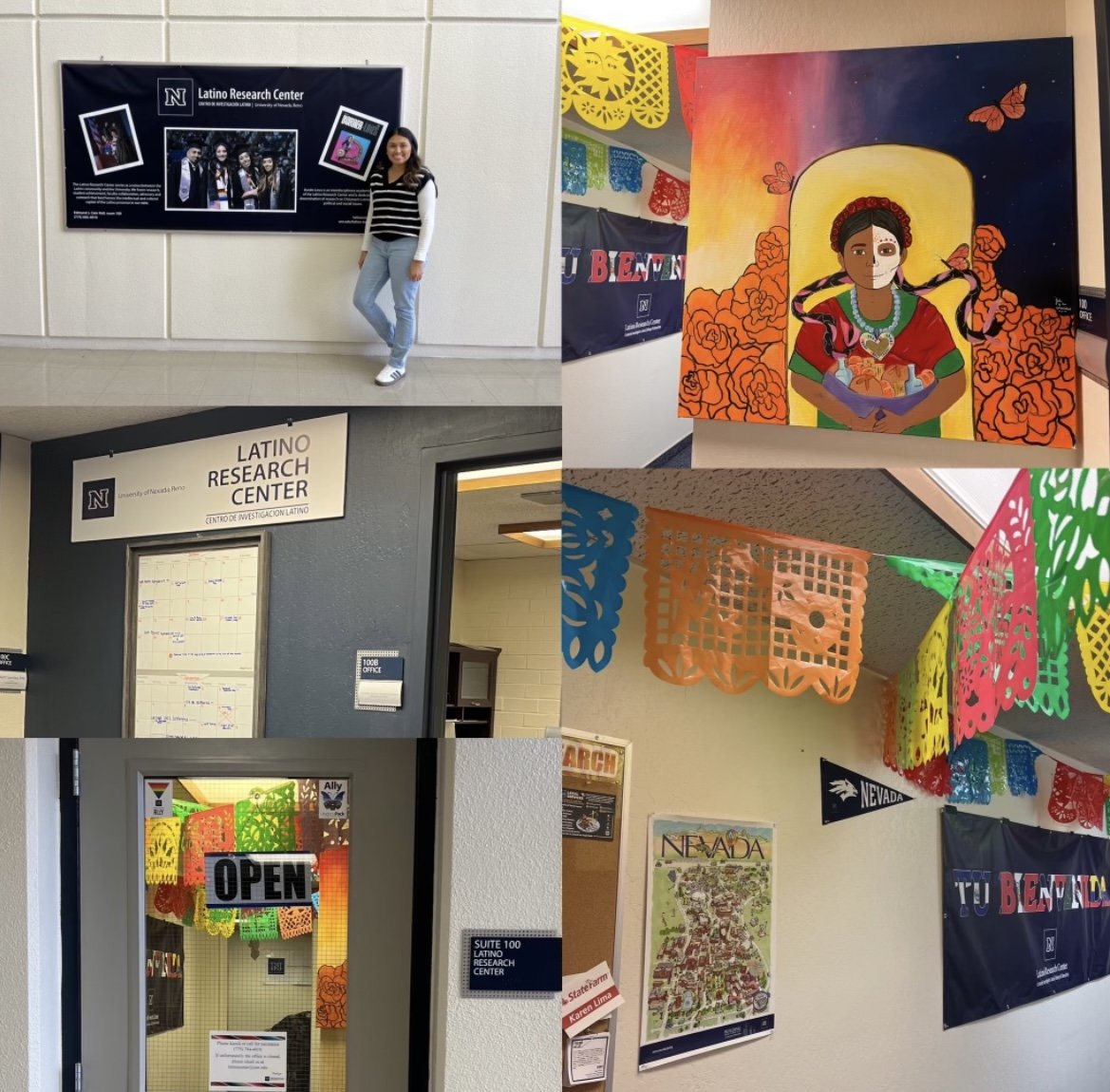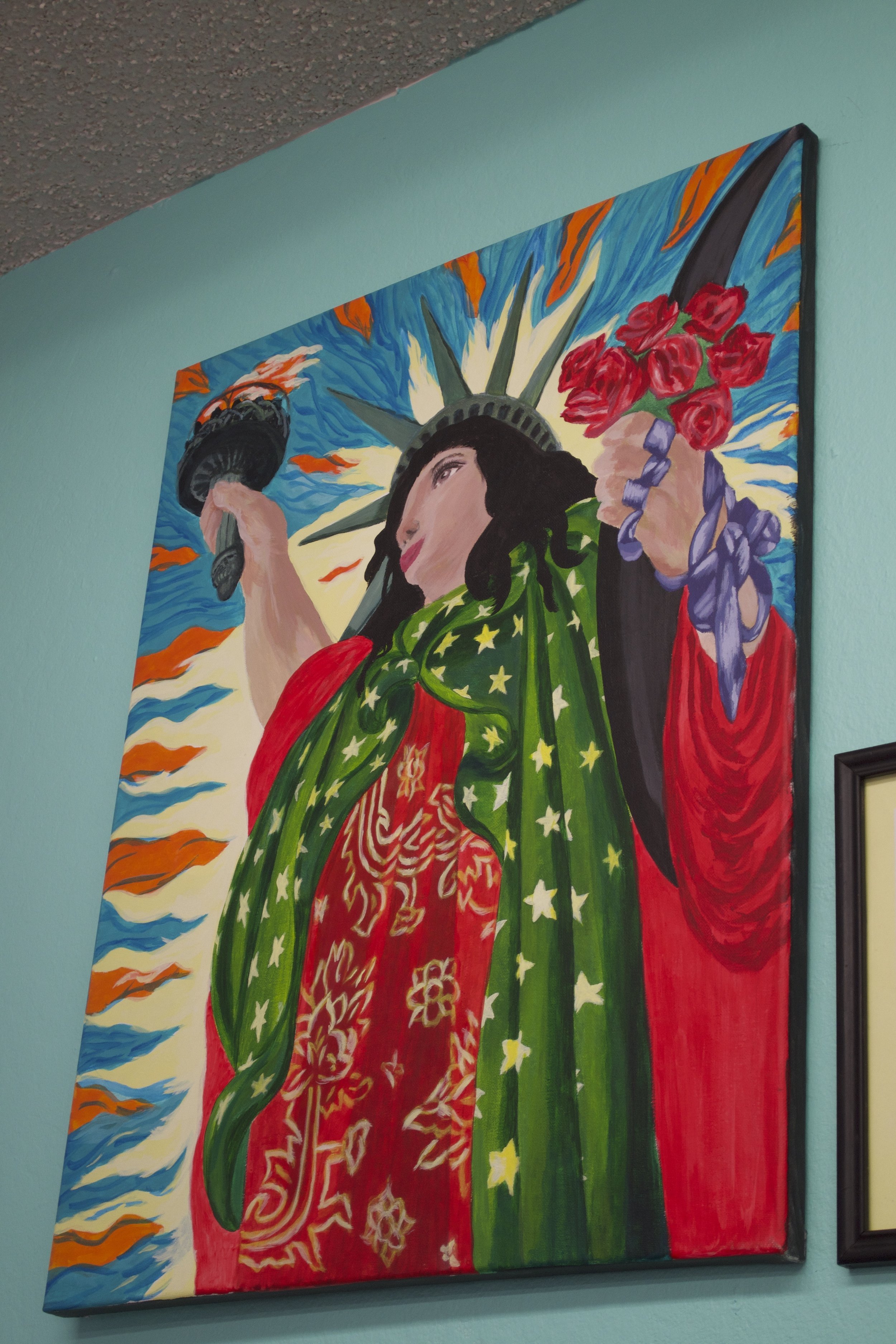A look through the January filings for candidate 2023 contributions and expenses over $1,000 reveals the usual generous donations for establishment and initially appointed rather than elected candidates from developers, incumbents to each other, Jacobs Entertainment and its law firm, other casinos and wealthy individuals.
One candidate’s filing which caught our eye is that of Kurt Thigpen who is running for Assembly District 24, which covers most of Reno.
His total of $7,500 is modest but it was filed under the Friends of Kurt Thigpen group category rather than as an individual.
“This happens often and is done incorrectly by the candidate. I will contact Mr. Thigpen to let him know,” Kristen Rhymes from the Elections Division in the Office of Nevada Secretary of State Francisco Aguilar wrote back to us yesterday, when we asked about this.
In the itemized section of contributions, there is $2,500 from Academica Nevada, $100 from Paul Klein who works for Tri-Strategies, $50 from Chris Thigpen and $25 from Bethany Drysdale, the communications director at Washoe County, as well as $5,000 in in kind contributions from Ace Studios, his own advertising agency.
There’s a few circles going on there, as the lobbying firm Tri-Strategies helps Thigpen and Academica Nevada, part of the Academica charter school management company giant which administers more than half of Nevada’s 55,000 charter school students, while Thigpen has been a member of the Nevada State Public School Charter Authority since an appointment in 2022.
The Washoe County School District recently expressed concerns over one of the Academica schools Mater Academy of Northern Nevada receiving unanimous approval from the Nevada State Public Charter School Authority to open a second facility in Golden Valley, saying it could be detrimental to tax-funded public schools.
Thigpen previously served on the Washoe County School Board in 2021 before he resigned from that body due to high stress levels, and then wrote a book about getting the seat called “How to Win an Election: An Essential Guide to Campaigning During Adversity.”
His opponents in the race are civil rights attorney Erica Roth, who received over $23,074 in large donations, including $5,000 from Nicole Miller and $2,500 from Southwest Gas Corporation, and environmentalist Ben Barteau who didn’t appear to file. All three are running as Democrats in a race where the primary should be decisive in a heavily Democratic district.
We also looked at filings for other races, which all appeared to be reflective of business as usual in terms of local elections and campaign contributions.
The contentious Republican battle in District 4 for County Commission will likely determine the eventual winner for that seat, with the incumbent and governor appointed Clara Andriola receiving over $114,000 in contributions, including $5,000 from the Jensen Electric Company, $5,000 from the Associated Builders and Contractors and $10,205 from Roger Prime.
Her opponent local GOP operative Tracey Hilton-Thomas received $3,158, including $1,000 from herself, while we couldn’t find anything for the third announced candidate former Sparks fire chief Mark Lawson, who is on his way to receiving a $381,000 settlement for wrongful termination.
In District 1, where there should be a Democrat/Republican showdown in November, the incumbent Democrat Alexis Hill raised over $151,851, including $2,500 from Woodland Village North, $2,500 from Hamilton Properties, $1,000 from the Abbi Agency, $6,000 from Christopher Wood, $500 from Devon Reese, $5,000 from the Tridentata Trust, $450 from Jerry Snyder, $2,500 from Peppermill Casinos, $500 from Aaron Ford, $5,000 from the GSR, $2000 from Erika White, $1,000 from the Nevada Housing Alliance, $1,000 from Lewis Roca (the law firm for Jacobs Entertainment), $2,500 from the Atlantis, $5,000 from Robert Goldberg and $500 from the Committee to Elect Devon Reese, among many contributions.
We couldn’t find anything for Marsha Berkbigler, Hill’s Republican opponent.
Over in Reno City council races, incumbents who were all initially appointed, are getting the biggest contributions, by far.
In Ward 1, the incumbent appointed Kathleen Taylor received over $102,383, including $2,500 from the Gold Dust West Jacobs Entertainment casino and $2,500 from their lawyers at Lewis Roca, $2,500 from the Peppermill, $5,000 from the development company Panattoni, $5,000 from Dolan Trust, $5,000 from Andrew Diss, $500 from Devon Reese, $50 from fellow appointed incumbent Miguel Martinez and $1,000 from Friends of Hillary Schieve among notable contributions.
Challenger Frank Perez received over $30,755, including $10,000 from Friends of Edgar Flores, and $10,000 from D’Silva for Nevada. Nothing could be found for mutual aid champion Lily Baran also contesting in that race.
In Ward 3, the other more recent incumbent appointed Miguel Martinez received over $65,323 in contributions, including $2,000 from Bonnie Weber for Reno Campaign, $2,500 from the Gold Dust Reno Jacobs Entertainment casino, $5,000 from Dandini Spectrum Holdings, $2,500 from the Atlantis Casino, $1,000 from the Committee to Elect Devon Reese, $1,000 from the Lewis Roca Jacobs Entertainment lawyers, and $2,000 from Peter Zak who was equally generous to Devon Reese. We couldn’t find anything for challenger Denise Meyer.
In Ward 5, another current city council member who was initially appointed, Devon Reese, received a whopping $205,000, including $2,500 from Stacie Mathewson, $2,200 from Ian Anderson who organizes lacrosse locally, $5,000 from Dermody Properties, $2,000 from Savage and Son, $150 from Miguel Martinez, $500 from Naomi Duerr, $5,000 from the Reno Firefighters Association, $5,000 from Greenstreet Development, $2,500 from the Jacobs Entertainment lawyers Lewis Roca, $5,000 from Panattoni Development, $2,500 from the Gold Dust West Jacobs Entertainment casino, $5,000 from Dandini Spectrum, $5,000 from the Atlantis, $5,000 from the Heinz Ranch Land Company, $5,000 from Wood Rodgers, $2,500 from Abby Whitaker, $5,000 from the GSR and $197 from Friends of Kathleen Taylor, among notable contributions.
Nothing was found for opponents Brian Cassidy or Tara Webster, while Sheila Peuchaud got just $1,480.
For the wide open Ward 6 race, we couldn’t find anyone receiving contributions for 2023.





